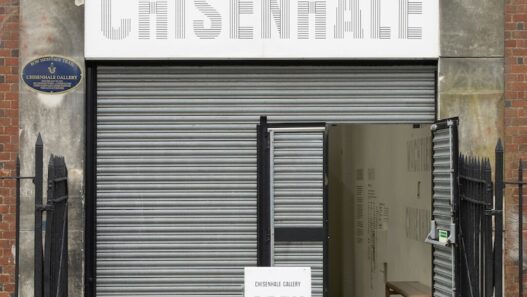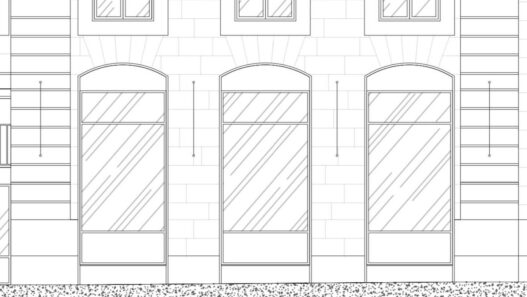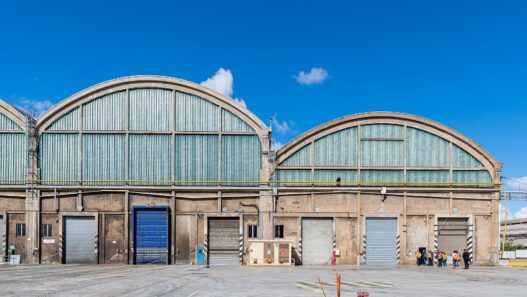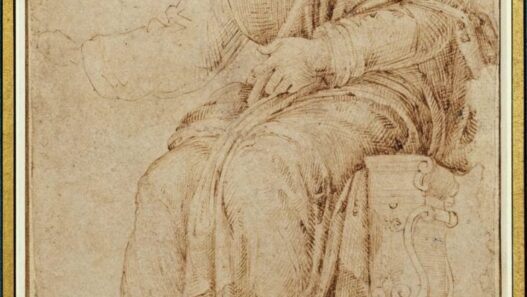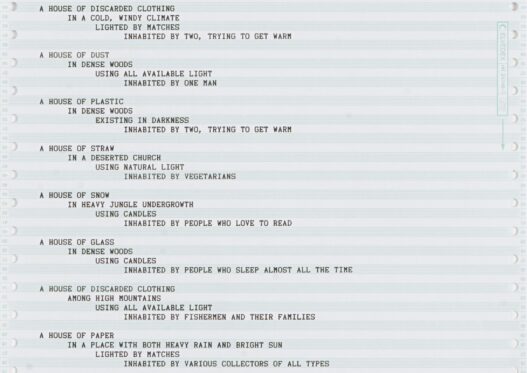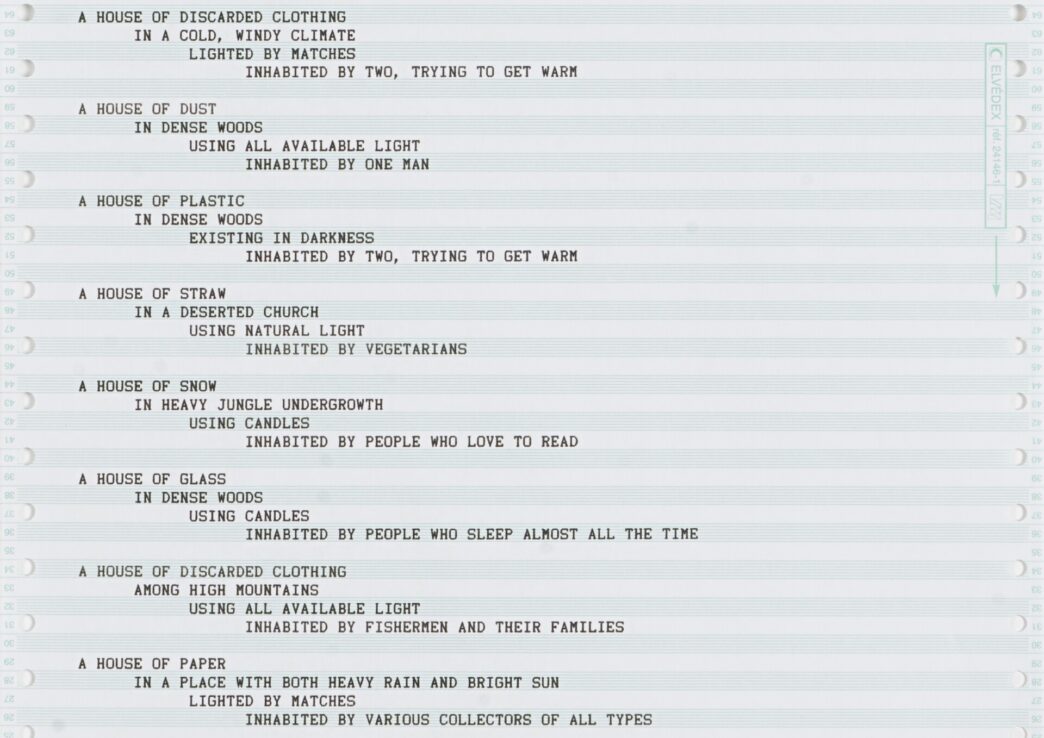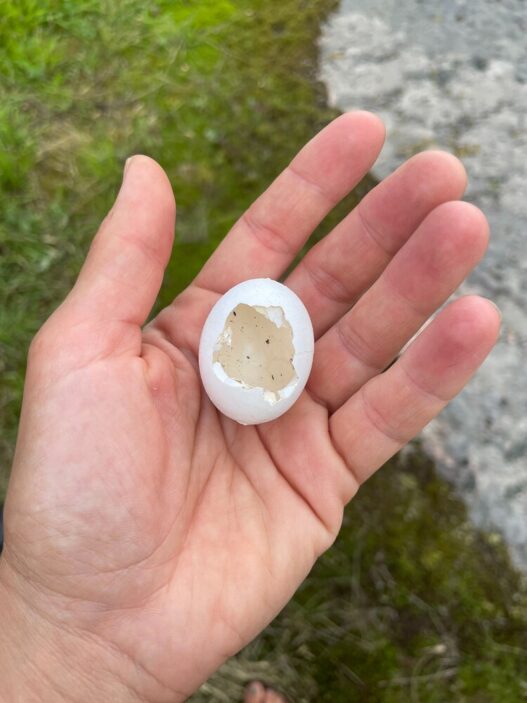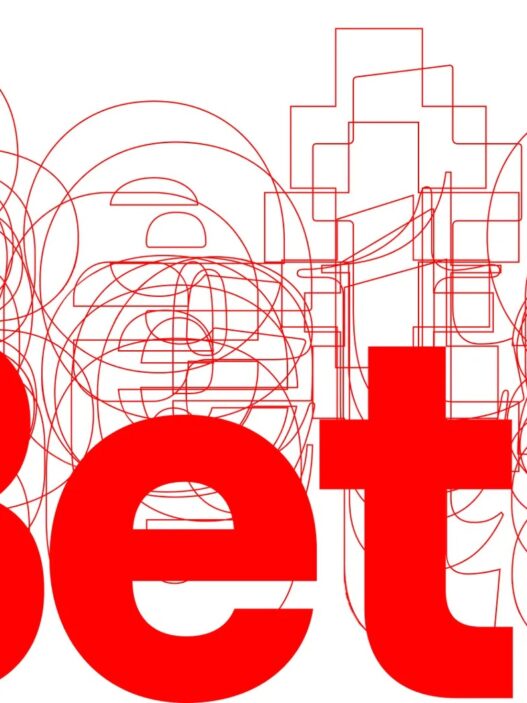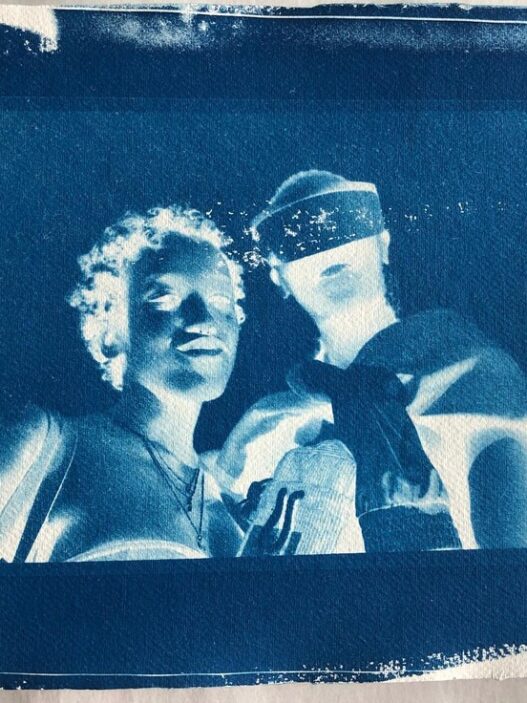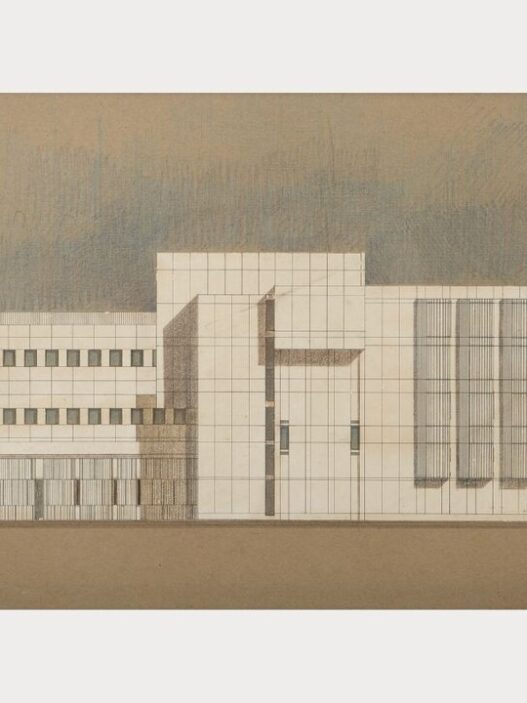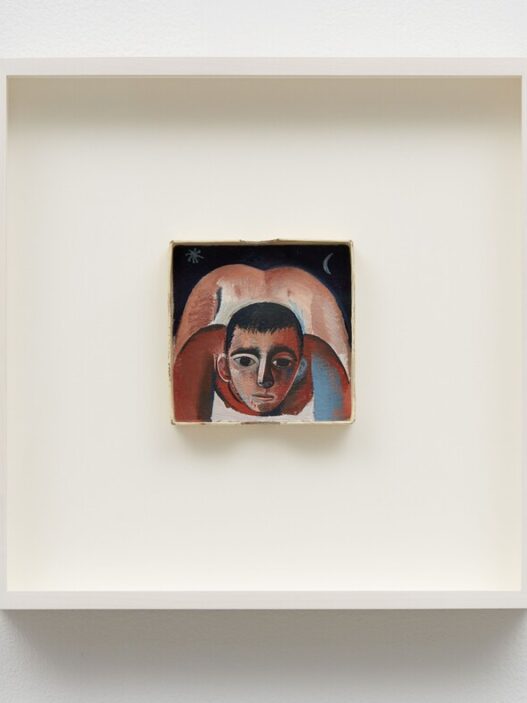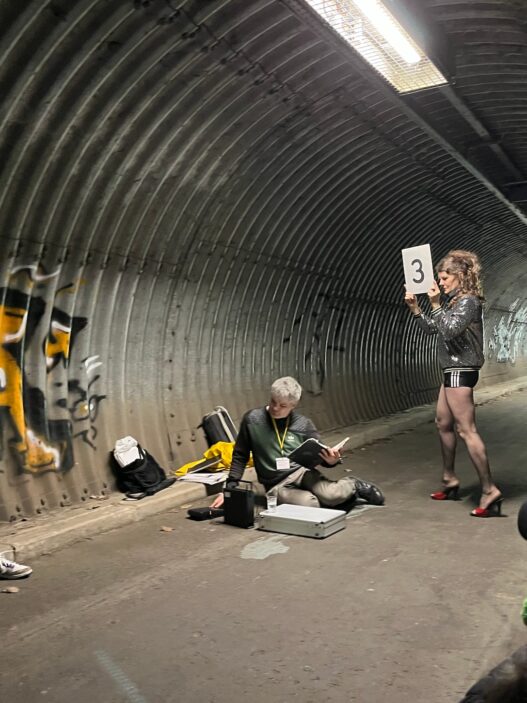Key Operators: Weaving and Coding as Feminist Histories
The upcoming exhibition, Key Operators, running from September 7 to November 24, 2024, at Kunstverein München, explores the deep historical and conceptual connections between textile weaving and coding. Featuring an intergenerational group of artists such as Elsi Giauque, Alison Knowles, and Iris Touliatou, this exhibition reexamines the ways in which feminized labor, technological advancements, and associated languages overlap. The concept at the heart of this exhibition is how weaving and coding—both often associated with different genders—have been pivotal to cultural, technological, and artistic development. The exhibition also addresses how women’s roles in technology and art have been marginalized, while still remaining foundational to the fields.
A Gendered History of Weaving and Coding
Historically, weaving and coding share a surprising technological ancestry, tracing back to the late 18th and early 19th centuries. The exhibition references Ada Lovelace, who famously recognized the computational potential of the Jacquard loom’s punch card system. This system, an early form of binary code, contributed to the development of computer technology. However, while men are often celebrated for their technological contributions, women’s pivotal role in the history of both weaving and computer coding is frequently sidelined.
As cultural critic Sadie Plant notes in her influential work Zeros + Ones (1997), the binary view that positions weaving as feminine and coding as masculine has historically been a barrier to recognizing women’s contributions. Plant observes that women were often relegated to the background, performing “infrastructure” work, which was crucial but largely invisible. Key Operators questions why weaving remains labeled a feminine activity, while coding is perceived as masculine, and explores how these gendered perceptions affect our understanding of both labor and art.
The Importance of ‘Key Operators’
The exhibition’s title, Key Operators, refers to a gendered division of labor that emerged in offices with the introduction of photocopiers in the 1940s. Only trained “key operators,” typically women, were assigned to manage these machines. However, the term also evokes multiple meanings within this context. “Key” can signify a loom pedal, a computer key, or an essential figure, underscoring the critical role of women in weaving and coding. These metaphors act as narrative threads that intertwine various stories and challenge traditional historiography.
Through installations, performances, and theoretical positions, the artists involved use weaving and coding as lenses to explore gender and labor. The contributions of these artists act as threads that weave through different contexts, providing alternative ways of understanding official historical narratives and foregrounding the contributions that have often been left out of history.
Schaufenster: The Story Continues
As part of the extended program, Kunstverein München also introduces the next iteration of the Schaufenster series on September 7, 2024. Street Nuisance, a newly conceived video work by Nicole-Antonia Spagnola, will premiere. The piece draws inspiration from Charles Babbage’s 1864 text, rehearsing archaic archetypes while revisiting motifs from earlier works. This work will be accessible both onsite at the institution’s Hofgarten display and online, further expanding the exhibition’s reach.
Further Engagements: Publishing and Writers Residency
Alongside the visual exhibition, two important publishing events will take place. On October 17, publisher Anne Turyn will discuss her archive and the press Top Stories in collaboration with Portikus in Frankfurt. Following this, on October 26, a book presentation and open reading will be hosted by artists Adam Gibbons, Eva Wilson, and Abbas Zahedi, marking Kunstverein München’s collaboration in co-publishing the series “ ”.
The Writers Residency also returns this fall, providing space for critical and artistic writing. manuel arturo abreu, an artist whose practice focuses on non-disciplinary magical thinking, will take part as the next resident from October to December 2024.
Feminism, Technology, and Artistic Expression
In its entirety, Key Operators provides a multifaceted exploration of how labor, gender, and technology intersect in both historical and modern contexts. Through a thoughtful combination of installations, performances, and public programs, this exhibition shines a light on how women’s contributions to technological and artistic fields remain essential but often underrecognized. The project calls for a reevaluation of the gendered dimensions of labor and the histories they’ve influenced, asking us to consider what has been left out and what still needs to be reexamined.
Kunstverein München e.V.
Galeriestr. 4
80539 Munich
Germany


